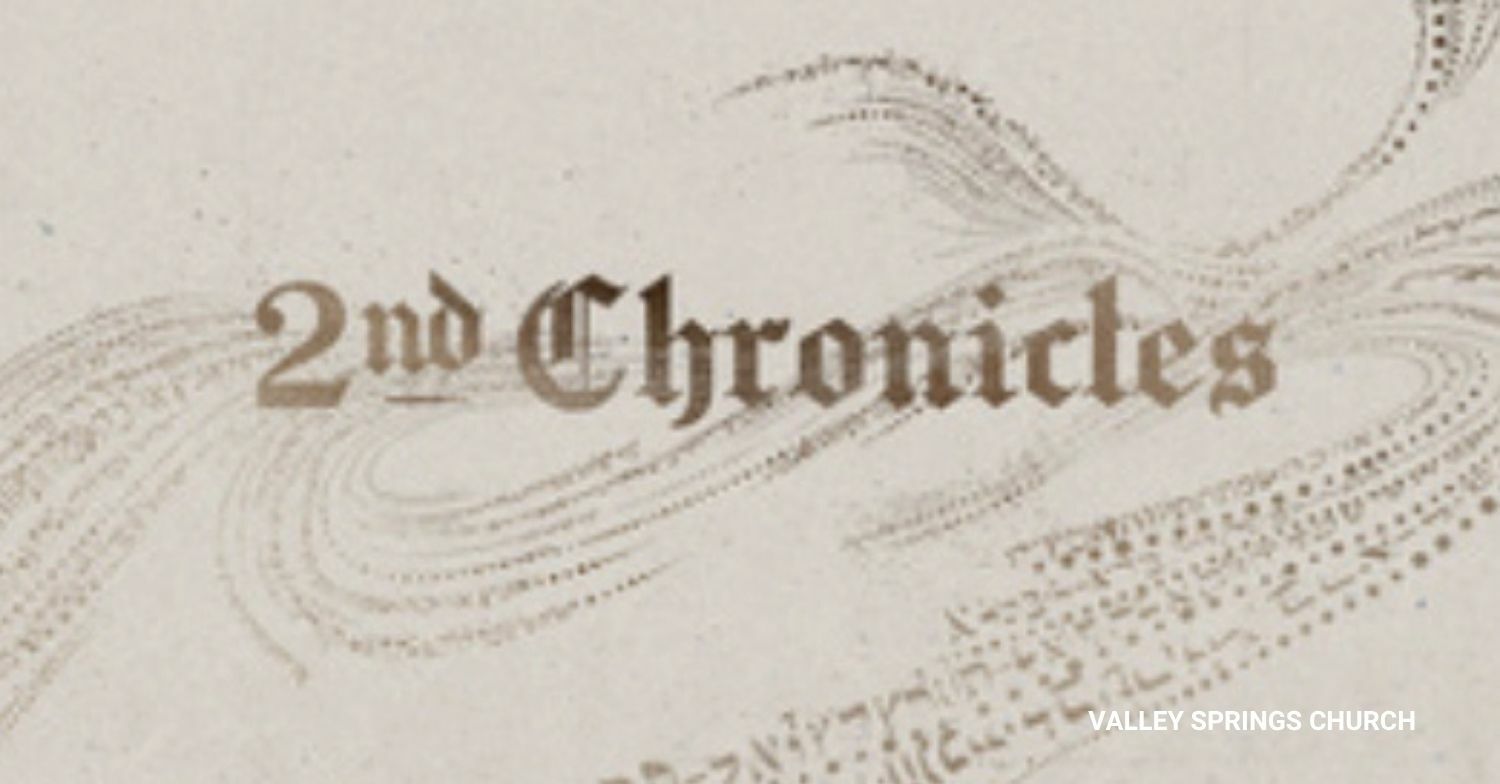
In the Face of Threats, God is Our Strength
2 Chronicles 32, 2 Kings 18:9-37, Isaiah 36 & Psalm 80
King Hezekiah prepares for the Assyrian invasion by fortifying Jerusalem, stopping the water supply outside the city, and encouraging the people to trust in the Lord. Sennacherib, king of Assyria, mocks the God of Israel and tries to shake the people's faith. Hezekiah turns to prayer and God sends an angel who destroys the Assyrian army. Hezekiah’s trust is rewarded with deliverance, and his kingdom prospers. However, after being healed from sickness, Hezekiah briefly falls into pride but later humbles himself. This chapter reminds us that trusting in God during crisis brings divine intervention.
This chapter recounts the siege of Jerusalem by the Assyrians. The field commander from Assyria tries to intimidate the people by pointing out the fall of other nations and questioning whether the Lord can save them. He speaks in Hebrew so the people on the wall can hear and be afraid. Hezekiah’s officials ask him to speak in Aramaic, but he refuses. This encounter shows the enemy’s tactic of instilling fear and casting doubt on God’s power. Yet Hezekiah’s silence and refusal to negotiate display a quiet confidence in the Lord.
Isaiah presents the same confrontation found in 2 Kings, highlighting the spiritual battle behind the political crisis. The Rabshakeh again tries to weaken the people's confidence by questioning whether the Lord will protect them. He mocks Hezekiah’s reform and appeals directly to the people, trying to sow division and fear. Yet Isaiah shows that the true battle is not merely with Assyria but with unbelief. The stage is set for God to act on behalf of those who trust Him.
This psalm is a communal lament calling on God as the Shepherd of Israel to restore and save His people. The repeated refrain, “Turn us again, O God, and cause thy face to shine; and we shall be saved,” expresses deep longing for divine favor and deliverance. The psalmist remembers how God once planted Israel like a vine and made it flourish but now pleads for renewal after judgment. This heartfelt plea aligns with Hezekiah’s reliance on God in crisis and reflects our own need to continually seek the Lord’s presence and power.
These chapters together show the reality of facing overwhelming threats and the choice between fear and faith. Hezekiah’s leadership models what it means to prepare responsibly, pray dependently, and lead courageously. The enemy’s voice is loud and persuasive, but God’s deliverance is sure to those who trust Him. Psalm 80 complements the narrative by showing the heart posture we must have when seeking God’s help—humble, persistent, and full of faith. In every battle, physical or spiritual, God proves to be our defender and restorer.
Reflection Questions:
- When I am faced with fear or opposition, do I first turn to God in prayer and trust
- How do I guard my heart against the lies and intimidation of the enemy
- What does Hezekiah’s response teach me about faithful leadership during crisis
- Am I regularly seeking God’s face and restoration as the people did in Psalm 80
- How does God’s faithful deliverance in these chapters strengthen my trust in His power today
